Middle East crisis: is there really a diplomatic path forward?
Recent escalation between Israel and Hezbollah might have dented US influence in the conflict
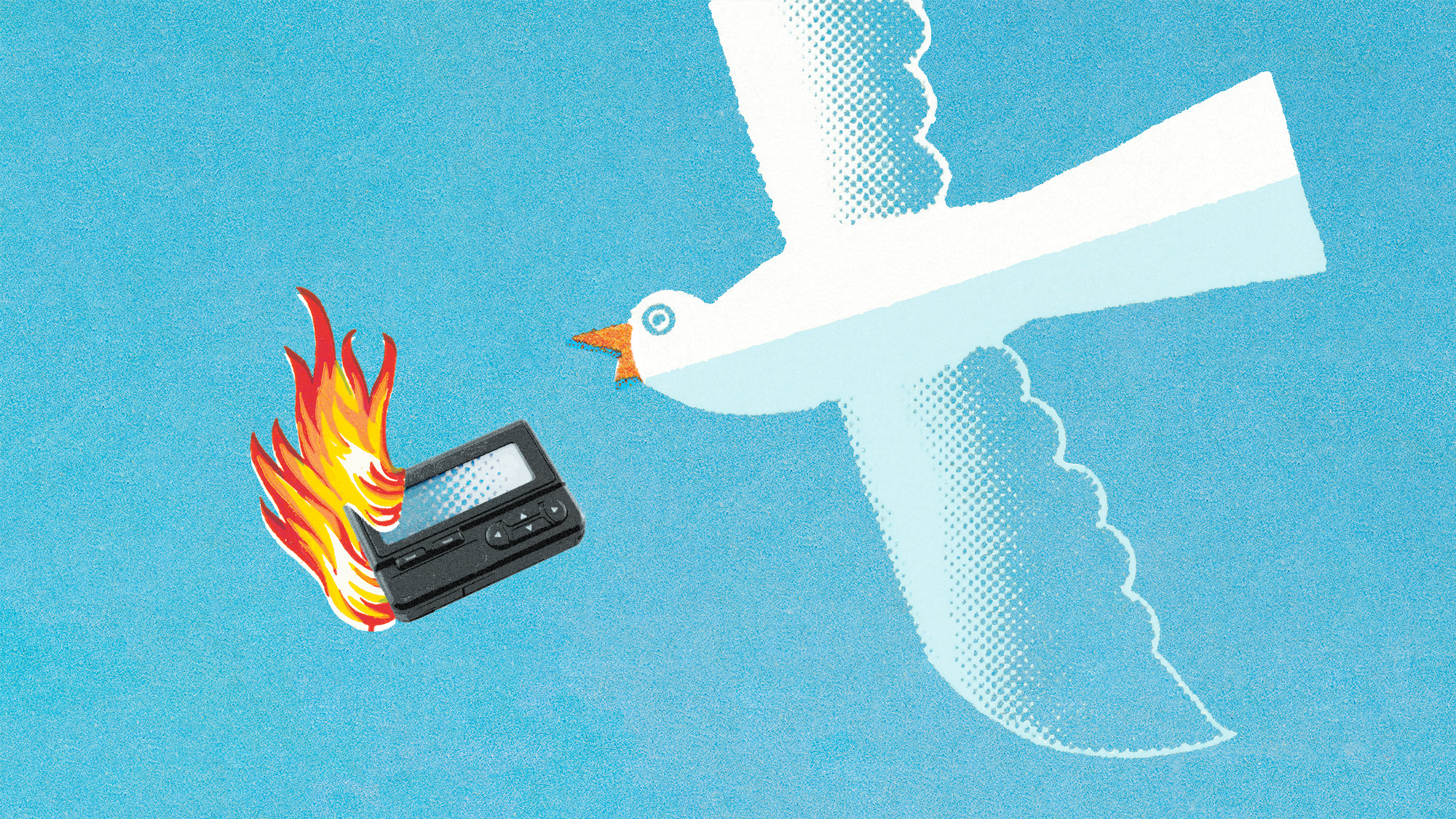
A free daily email with the biggest news stories of the day – and the best features from TheWeek.com
You are now subscribed
Your newsletter sign-up was successful
The White House has insisted that a diplomatic solution between Israel and Hezbollah was "achievable" and "urgent", even as Israel launched major strikes on Lebanon.
After senior diplomats from the US, Britain, Germany, France and Italy met in Paris yesterday, the US secretary of state, Antony Blinken, urged against "escalatory actions by any party" and Britain called for a ceasefire between the two foes.
What did the commentators say?
The "deadly explosion" of pagers and walkie-talkies "dealt another blow" to Joe Biden's "beleaguered efforts" to reduce tensions in the Middle East, said John Hudson in the Washington Post.
The Week
Escape your echo chamber. Get the facts behind the news, plus analysis from multiple perspectives.

Sign up for The Week's Free Newsletters
From our morning news briefing to a weekly Good News Newsletter, get the best of The Week delivered directly to your inbox.
From our morning news briefing to a weekly Good News Newsletter, get the best of The Week delivered directly to your inbox.
Although "the absence of a full-blown war" between Israel and Hezbollah has been "touted by US officials as a core achievement" of the past 11 months, the recent escalation means "Washington's grip on the crisis appears more tenuous than ever".
The US has "sought to downplay its ability to tamper tensions", said Al Jazeera. It provides Israel with $3.8bn in military aid annually as well as "staunch diplomatic support" but "pushed" on whether the Biden administration could prevent a wider war, Washington said that was “not just a question for the United States”.
After Blinken called for restraint, the UK Foreign Secretary, David Lammy, "went further", said Politico's London Playbook, calling for the first time during the current conflict in southern Lebanon for an "immediate cease-fire".
A war involving both Israeli and the Lebanese armed forces, "the latter still receiving support from UK troops inside Lebanon", would be a "diplomatic nightmare for Britain", said Larisa Brown in The Times, because London has "tried to be a friend of both".
A free daily email with the biggest news stories of the day – and the best features from TheWeek.com
Experts are "divided" on whether the pager attacks "weakened Hezbollah to the extent it's more willing to accept a diplomatic agreement", or if the group "will indeed act" on its threat to retaliate, said Shannon K Kingston for ABC News.
"Oftentimes", Brian Katulis, a senior fellow at the Middle East Institute, told the broadcaster, "shows of force like this that knock one combatant back on its heels could be openings to actually secure a negotiated settlement".
But Dan Byman, a senior adviser to the State Department and a senior fellow at the Center for Strategic and International Studies, said Hezbollah is now much less likely to accept any offered settlement.
"It would be hard for Hezbollah to cut a deal after this humiliation", he said, because "it would look weak and as if you were caving under Israeli pressure", which it "would be".
What next?
The UN Security Council was scheduled to discuss the crisis this afternoon. The "emergency meeting" was requested by Algeria and will be "dedicated to discussing the Israeli cyber-terror attacks", said The Palestine Chronicle.
The UN peacekeeping force in south Lebanon has already urged de-escalation, saying it had witnessed "a heavy intensification of the hostilities across the Blue Line” and throughout its area of operations".
Israel's Ambassador to the UN has already "lambasted" Iran for "pulling the strings" of "terrorist" groups across the Middle East, said The Algemeiner. Danny Danon said the Security Council "and the world" must "wake up to the reality of the threat Iran poses".
But a chink of light appeared in the Israeli media today, noted The Guardian. Reports emerged that Tel Aviv had submitted a new ceasefire proposal to the US, "under which all hostages held in Gaza would be released at the same time in exchange for ending the war" and the Hamas leader, along with his family and thousands of operatives, would be allowed to leave Gaza for a third country "through a safe passage".
Chas Newkey-Burden has been part of The Week Digital team for more than a decade and a journalist for 25 years, starting out on the irreverent football weekly 90 Minutes, before moving to lifestyle magazines Loaded and Attitude. He was a columnist for The Big Issue and landed a world exclusive with David Beckham that became the weekly magazine’s bestselling issue. He now writes regularly for The Guardian, The Telegraph, The Independent, Metro, FourFourTwo and the i new site. He is also the author of a number of non-fiction books.
-
 The Olympic timekeepers keeping the Games on track
The Olympic timekeepers keeping the Games on trackUnder the Radar Swiss watchmaking giant Omega has been at the finish line of every Olympic Games for nearly 100 years
-
 Will increasing tensions with Iran boil over into war?
Will increasing tensions with Iran boil over into war?Today’s Big Question President Donald Trump has recently been threatening the country
-
 Corruption: The spy sheikh and the president
Corruption: The spy sheikh and the presidentFeature Trump is at the center of another scandal
-
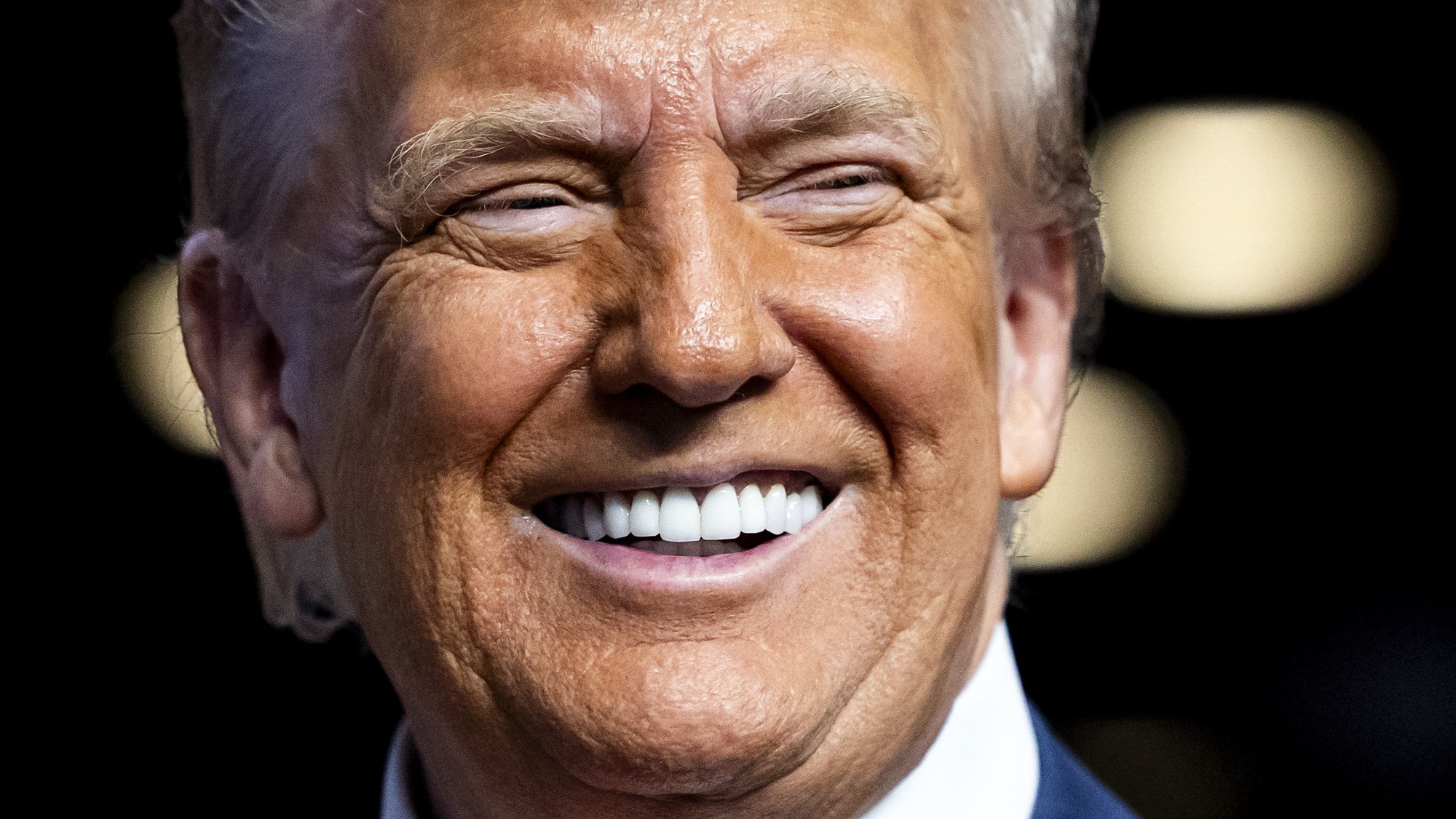 How long can Nato keep Donald Trump happy?
How long can Nato keep Donald Trump happy?Today's Big Question Military alliance pulls out all the stops to woo US president on his peacemaker victory lap
-
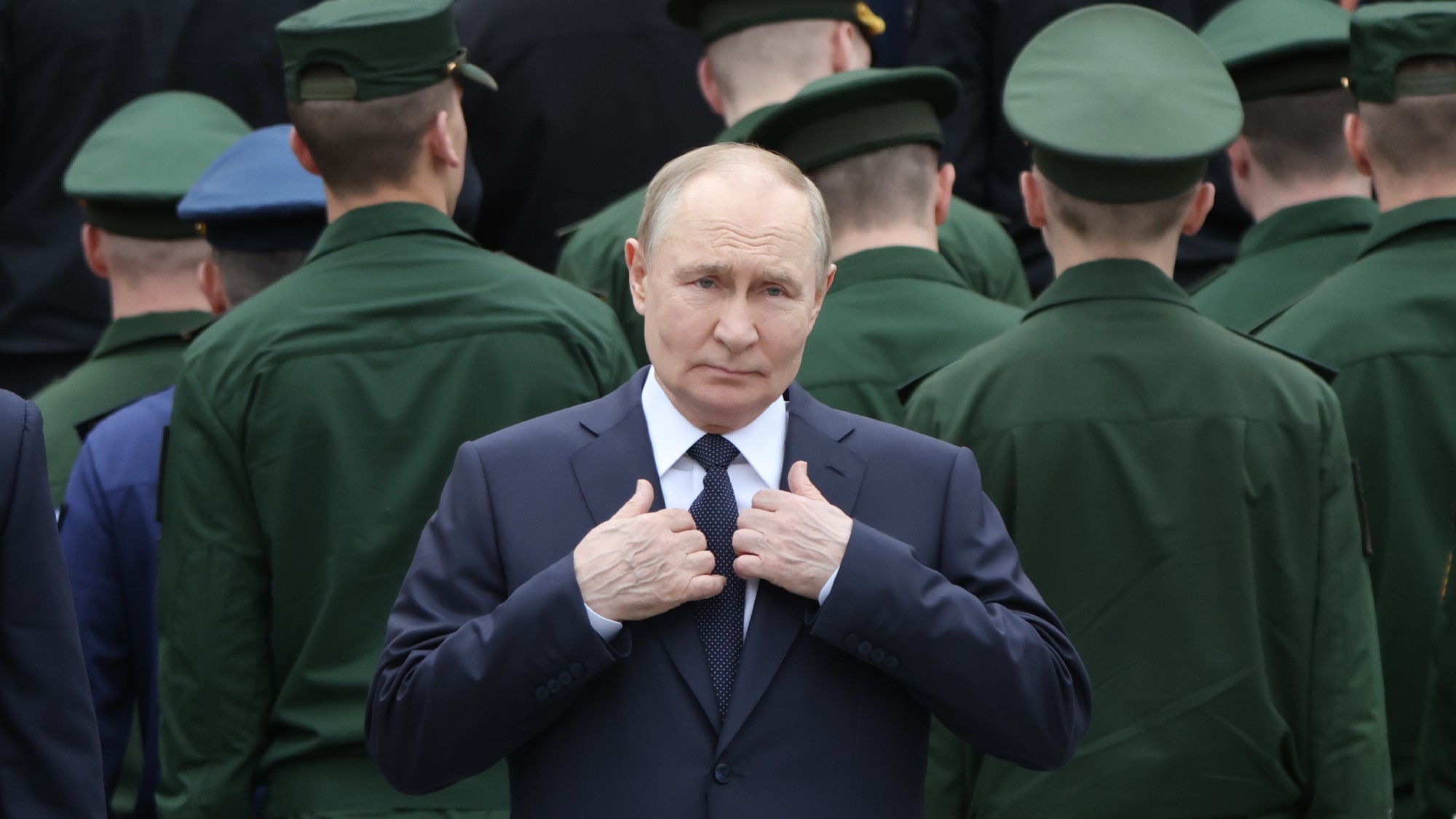 How far would Russia go for Iran?
How far would Russia go for Iran?Today's Big Question US air strikes represent an 'embarrassment, provocation and opportunity' all rolled into one for Vladimir Putin
-
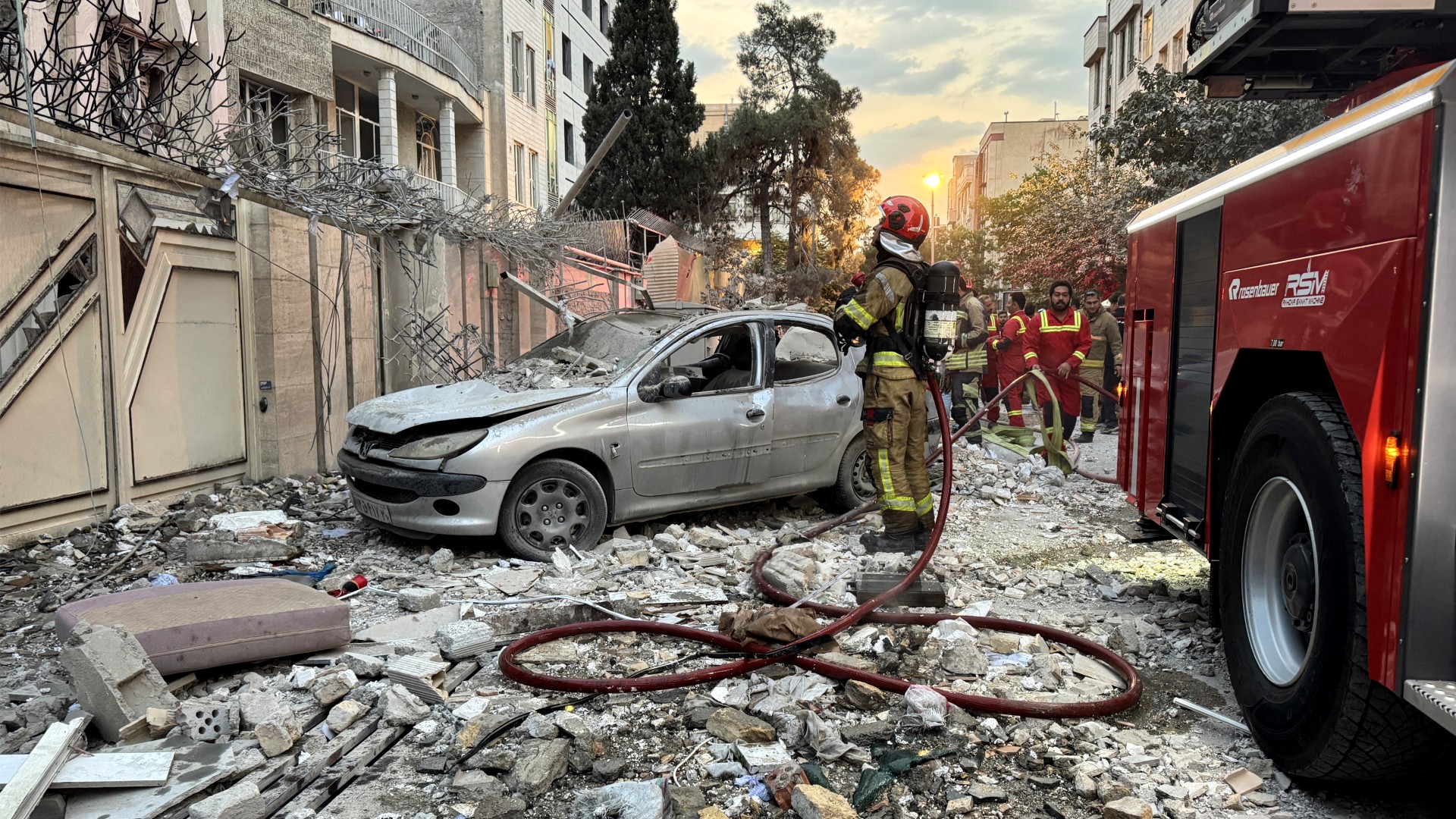 How the Israel-Iran conflict broke out
How the Israel-Iran conflict broke outThe Explainer Israel's strike on Iran's nuclear and missile programmes was years in the planning
-
 Will the UK get involved in the Israel-Iran conflict?
Will the UK get involved in the Israel-Iran conflict?Today's Big Question Keir Starmer is 'walking a tightrope' in helping Israel limit Tehran's nuclear capabilities without being seen to do so
-
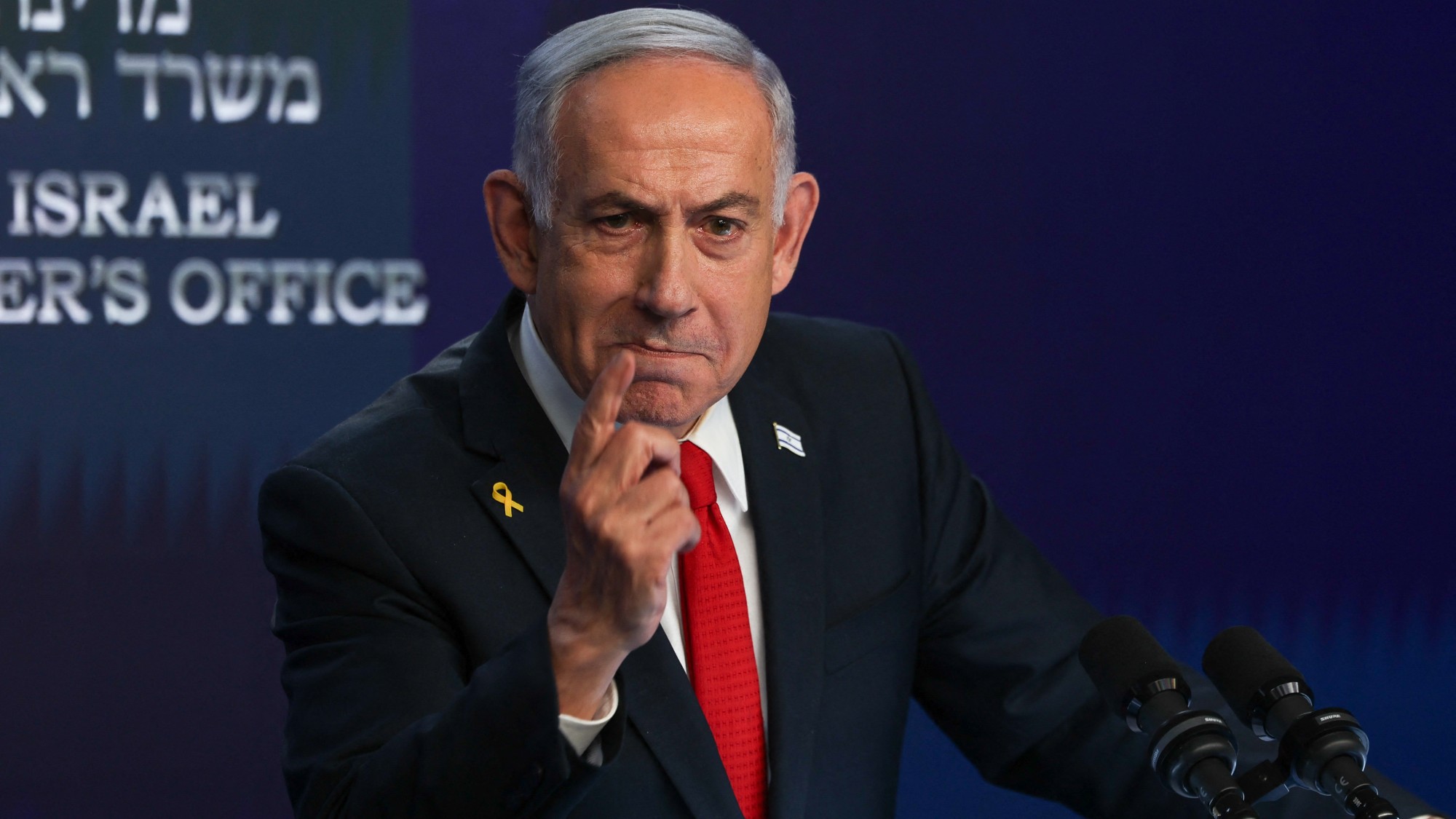 What happens if Israel attacks Iran?
What happens if Israel attacks Iran?TODAY'S BIG QUESTION Israel is 'ready to strike' and Tehran has plans for counterattacks against the US as nuclear talks appear deadlocked
-
 Is Israel finally feeling the heat on Gaza?
Is Israel finally feeling the heat on Gaza?Today's Big Question Benjamin Netanyahu allows aid to resume amid mounting international pressure and growing internal turmoil
-
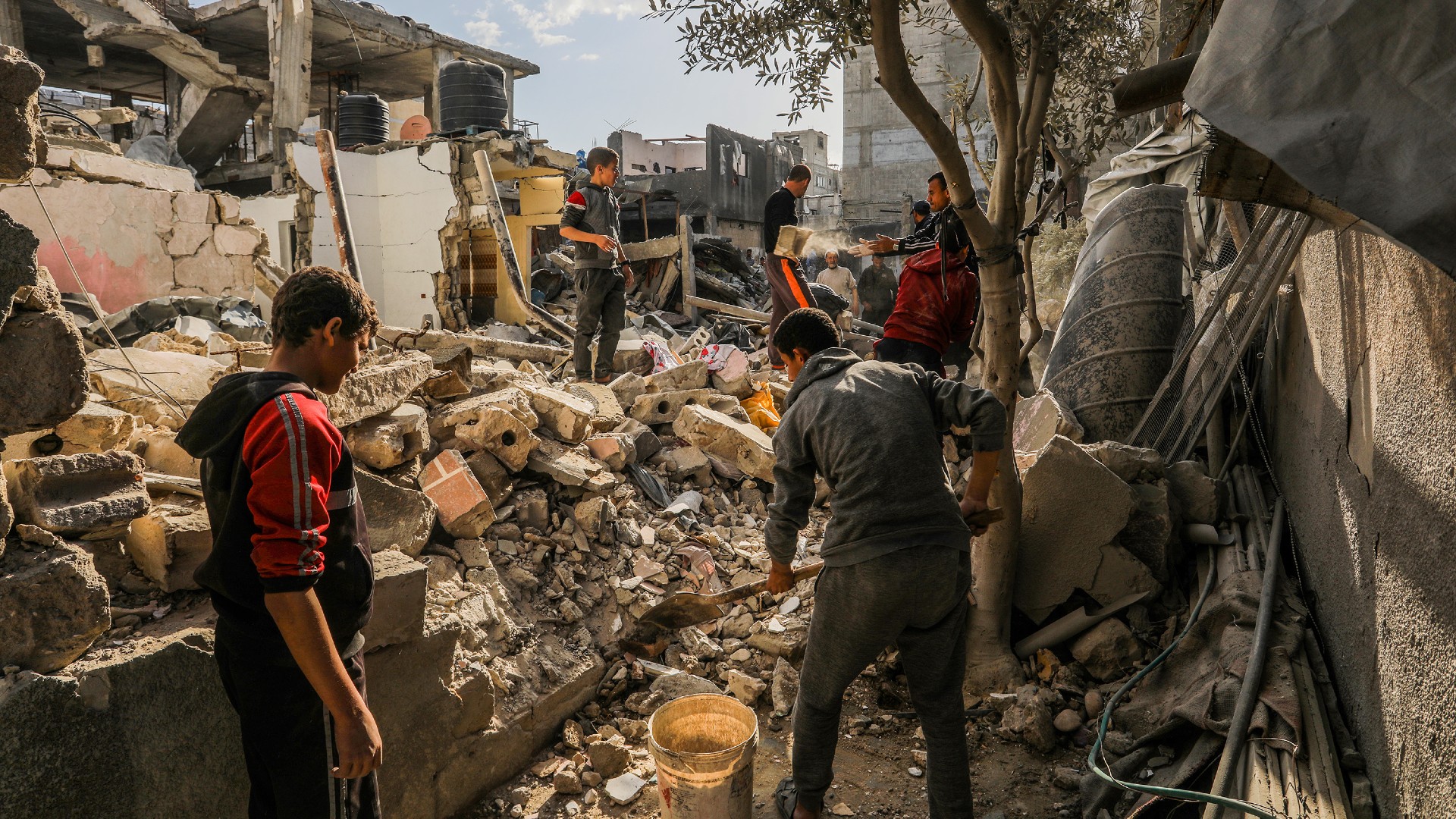 Israeli air strikes in Gaza: why has ceasefire collapsed?
Israeli air strikes in Gaza: why has ceasefire collapsed?Today's Big Question Start of 'broader and more sustained military operation' denounced by domestic groups representing hostage families
-
 Is Gaza ceasefire deal about to fizzle out?
Is Gaza ceasefire deal about to fizzle out?Today's Big Question Israel and Hamas accuse each other of deliberately breaking first phase of the fragile truce, which is set to expire on Saturday